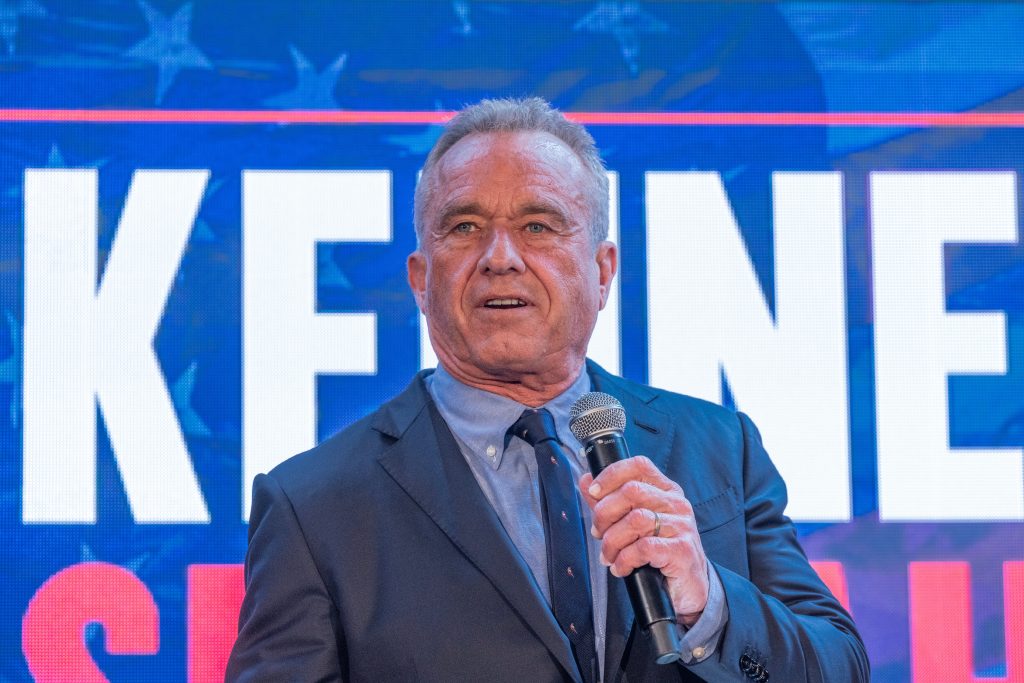RFK Jr. Denied New York Ballot.
The Supreme Court on Friday rejected a bid by independent presidential Robert F. Kennedy Jr. to restore his name to New York's general election ballot.

Robert F. Kennedy Jr.
Robert F. Kennedy Jr., who has dropped his own presidential campaign and endorsed Republican nominee Donald Trump, is fighting to appear on ballots in certain states over Democratic opposition.
Mr. Kennedy asked the high court in an emergency appeal this week to reinstate his name, arguing that his supporters "have a constitutional right to vote for him", whether he is campaigning for their vote or not.
The dispute emerged after Robert F. Kennedy Jr. collected more than 120,000 signatures to appear on New York's ballot. Many individuals initiated a lawsuit in state court contesting Kennedy's nominating petition. Both a state court and an appellate court directed the board to exclude Kennedy from the ballot, citing that his nominating petition listed an invalid address for the presidential candidate. State law requires a nominating petition must indicate the candidate's "place of residence," which is defined as their "fixed, permanent and principal home." The address in Katonah, New York that Mr. Kennedy listed on his petition, belongs to a friend, whom he paid $500 a month beginning in May for a room, which Robert F. Kennedy Jr. and his friend confirm he has stayed in just once. The state appeals court determined that the Katonah address did not qualify as Kennedy's "fixed" or "permanent" residence and declined to review the lower court's decision.
Mr. Kennedy later encouraged his supporters in every state to vote for Trump, as it says in his campaign website: "a vote for Trump is a vote for Kennedy." By this approach Kennedy’s campaign has upset many family members and five of his siblings issued a statement expressing their concerns: “Our brother Bobby’s decision to endorse Trump today is a betrayal of the values that our father and our family hold dear. It is a sad ending to a sad story.”
After losing in state court, Mr. Kennedy submitted an emergency application to federal court, but he was unsuccessful at both the district court and appeals court levels before turning to the Supreme Court.














